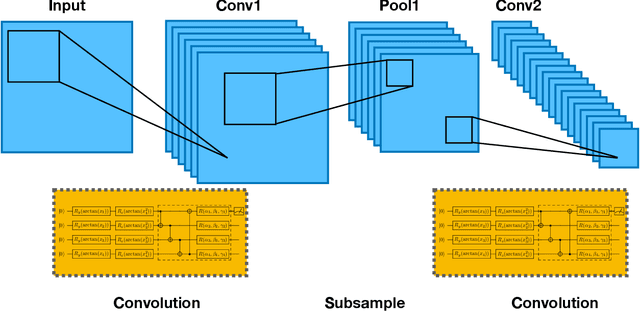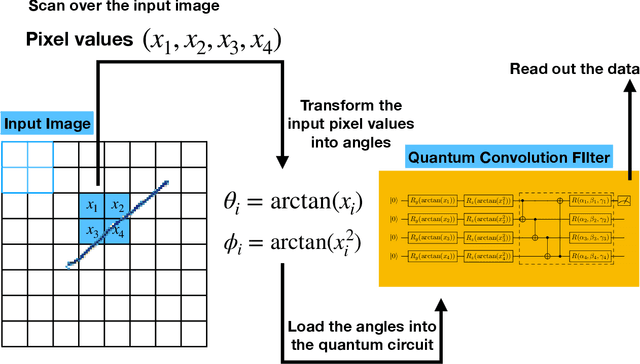Tzu-Chieh Wei
Do You Hear What I Mean? Quantifying the Instruction-Perception Gap in Instruction-Guided Expressive Text-To-Speech Systems
Sep 18, 2025Abstract:Instruction-guided text-to-speech (ITTS) enables users to control speech generation through natural language prompts, offering a more intuitive interface than traditional TTS. However, the alignment between user style instructions and listener perception remains largely unexplored. This work first presents a perceptual analysis of ITTS controllability across two expressive dimensions (adverbs of degree and graded emotion intensity) and collects human ratings on speaker age and word-level emphasis attributes. To comprehensively reveal the instruction-perception gap, we provide a data collection with large-scale human evaluations, named Expressive VOice Control (E-VOC) corpus. Furthermore, we reveal that (1) gpt-4o-mini-tts is the most reliable ITTS model with great alignment between instruction and generated utterances across acoustic dimensions. (2) The 5 analyzed ITTS systems tend to generate Adult voices even when the instructions ask to use child or Elderly voices. (3) Fine-grained control remains a major challenge, indicating that most ITTS systems have substantial room for improvement in interpreting slightly different attribute instructions.
An Exploration of Mamba for Speech Self-Supervised Models
Jun 14, 2025



Abstract:While Mamba has demonstrated strong performance in language modeling, its potential as a speech self-supervised (SSL) model remains underexplored, with prior studies limited to isolated tasks. To address this, we explore Mamba-based HuBERT models as alternatives to Transformer-based SSL architectures. Leveraging the linear-time Selective State Space, these models enable fine-tuning on long-context ASR with significantly lower compute. Moreover, they show superior performance when fine-tuned for streaming ASR. Beyond fine-tuning, these models show competitive performance on SUPERB probing benchmarks, particularly in causal settings. Our analysis shows that they yield higher-quality quantized representations and capture speaker-related features more distinctly than Transformer-based models. These findings highlight Mamba-based SSL as a promising and complementary direction for long-sequence modeling, real-time speech modeling, and speech unit extraction.
Dynamic-SUPERB Phase-2: A Collaboratively Expanding Benchmark for Measuring the Capabilities of Spoken Language Models with 180 Tasks
Nov 08, 2024



Abstract:Multimodal foundation models, such as Gemini and ChatGPT, have revolutionized human-machine interactions by seamlessly integrating various forms of data. Developing a universal spoken language model that comprehends a wide range of natural language instructions is critical for bridging communication gaps and facilitating more intuitive interactions. However, the absence of a comprehensive evaluation benchmark poses a significant challenge. We present Dynamic-SUPERB Phase-2, an open and evolving benchmark for the comprehensive evaluation of instruction-based universal speech models. Building upon the first generation, this second version incorporates 125 new tasks contributed collaboratively by the global research community, expanding the benchmark to a total of 180 tasks, making it the largest benchmark for speech and audio evaluation. While the first generation of Dynamic-SUPERB was limited to classification tasks, Dynamic-SUPERB Phase-2 broadens its evaluation capabilities by introducing a wide array of novel and diverse tasks, including regression and sequence generation, across speech, music, and environmental audio. Evaluation results indicate that none of the models performed well universally. SALMONN-13B excelled in English ASR, while WavLLM demonstrated high accuracy in emotion recognition, but current models still require further innovations to handle a broader range of tasks. We will soon open-source all task data and the evaluation pipeline.
Quantum Machine Learning Architecture Search via Deep Reinforcement Learning
Jul 29, 2024



Abstract:The rapid advancement of quantum computing (QC) and machine learning (ML) has given rise to the burgeoning field of quantum machine learning (QML), aiming to capitalize on the strengths of quantum computing to propel ML forward. Despite its promise, crafting effective QML models necessitates profound expertise to strike a delicate balance between model intricacy and feasibility on Noisy Intermediate-Scale Quantum (NISQ) devices. While complex models offer robust representation capabilities, their extensive circuit depth may impede seamless execution on extant noisy quantum platforms. In this paper, we address this quandary of QML model design by employing deep reinforcement learning to explore proficient QML model architectures tailored for designated supervised learning tasks. Specifically, our methodology involves training an RL agent to devise policies that facilitate the discovery of QML models without predetermined ansatz. Furthermore, we integrate an adaptive mechanism to dynamically adjust the learning objectives, fostering continuous improvement in the agent's learning process. Through extensive numerical simulations, we illustrate the efficacy of our approach within the realm of classification tasks. Our proposed method successfully identifies VQC architectures capable of achieving high classification accuracy while minimizing gate depth. This pioneering approach not only advances the study of AI-driven quantum circuit design but also holds significant promise for enhancing performance in the NISQ era.
Hybrid Quantum-Classical Graph Convolutional Network
Jan 15, 2021



Abstract:The high energy physics (HEP) community has a long history of dealing with large-scale datasets. To manage such voluminous data, classical machine learning and deep learning techniques have been employed to accelerate physics discovery. Recent advances in quantum machine learning (QML) have indicated the potential of applying these techniques in HEP. However, there are only limited results in QML applications currently available. In particular, the challenge of processing sparse data, common in HEP datasets, has not been extensively studied in QML models. This research provides a hybrid quantum-classical graph convolutional network (QGCNN) for learning HEP data. The proposed framework demonstrates an advantage over classical multilayer perceptron and convolutional neural networks in the aspect of number of parameters. Moreover, in terms of testing accuracy, the QGCNN shows comparable performance to a quantum convolutional neural network on the same HEP dataset while requiring less than $50\%$ of the parameters. Based on numerical simulation results, studying the application of graph convolutional operations and other QML models may prove promising in advancing HEP research and other scientific fields.
Quantum Convolutional Neural Networks for High Energy Physics Data Analysis
Dec 22, 2020



Abstract:This work presents a quantum convolutional neural network (QCNN) for the classification of high energy physics events. The proposed model is tested using a simulated dataset from the Deep Underground Neutrino Experiment. The proposed architecture demonstrates the quantum advantage of learning faster than the classical convolutional neural networks (CNNs) under a similar number of parameters. In addition to faster convergence, the QCNN achieves greater test accuracy compared to CNNs. Based on experimental results, it is a promising direction to study the application of QCNN and other quantum machine learning models in high energy physics and additional scientific fields.
 Add to Chrome
Add to Chrome Add to Firefox
Add to Firefox Add to Edge
Add to Edge